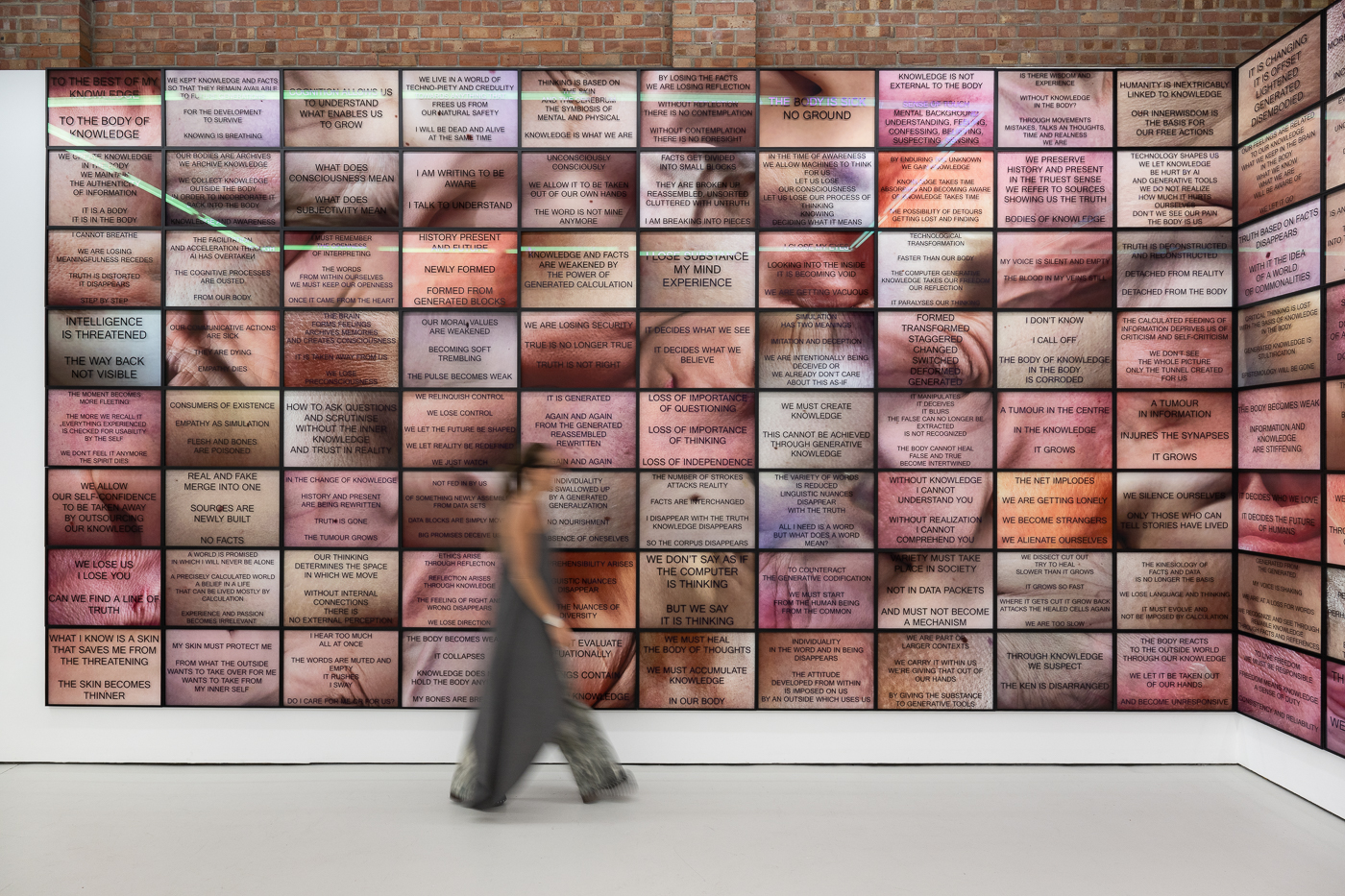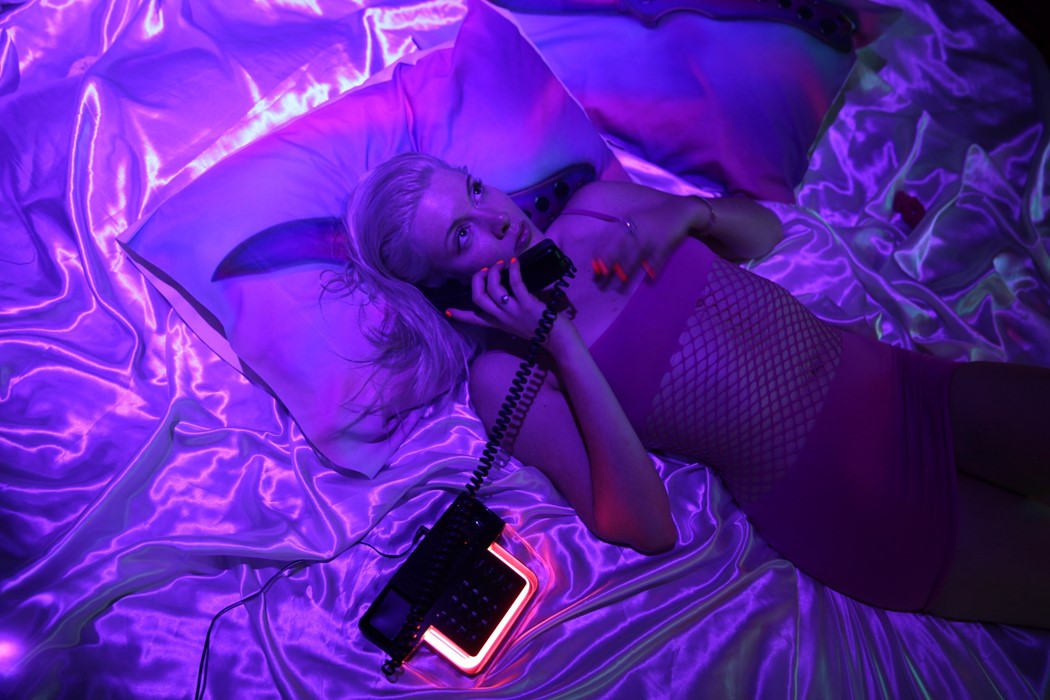Reality Artist Signe Pierce has been profiled by Ione Gamble of Dazed Digital.
The reality artist using make-up to fight the patriarchy
By Ione Gamble
Living life in a neon tinted, strobe-lit dream world, Signe Pierce is the visual artist using performance art to deconstruct the beauty industry.
A regular on the art scenes of New York and LA, Signe Pierce is calling bullshit on ‘empowering feminist’ advertising and the way products are sold to fuel our sense of self-worth. Through a combination of performance art, installation and photo prints, Pierce is creating accessible, intersectional feminist art in a world where companies cashing in on female empowerment is a pervasive and problematic normality. Fascinated by the American landscape of abandoned shopping malls and the cultural shift of more and more of us living life largely online, Pierce’s work deals with ideas of capitalism and identity through a dreamy, flashing-neon lens.
Despite her expressing a distaste for “pretentious” and sterile art fairs, Art Basel has played a significant role in Pierce’s career. It was at the festival two years ago that her now-viral short American Reflexxx premiered. A collaboration between Pierce and Alli Coates, the short saw her descend on South Carolina’s Myrtle Beach in a blue mini-dress, stripper heels and a reflective mirror mask. Without ruining the hard-to-watch video for those yet to see it, the 14-minute short sees Pierce subjected to misogyny, transphobia and physical aggression. Since its internet debut earlier this year, the video has been viewed more than 1.5 million times on YouTube, picked up by international news outlets, and used by teachers to educate students on LGBTQ rights. And while it may have been the internet, not the Art Basel premiere, that catapulted the short film to popularity, Pierce still decided to debut two new works at the fair this year. Following on from her recent performances, we speak to the cyberfeminist about life after American Reflexxx, art-industry snobbery and the importance of keeping it sleazy.


